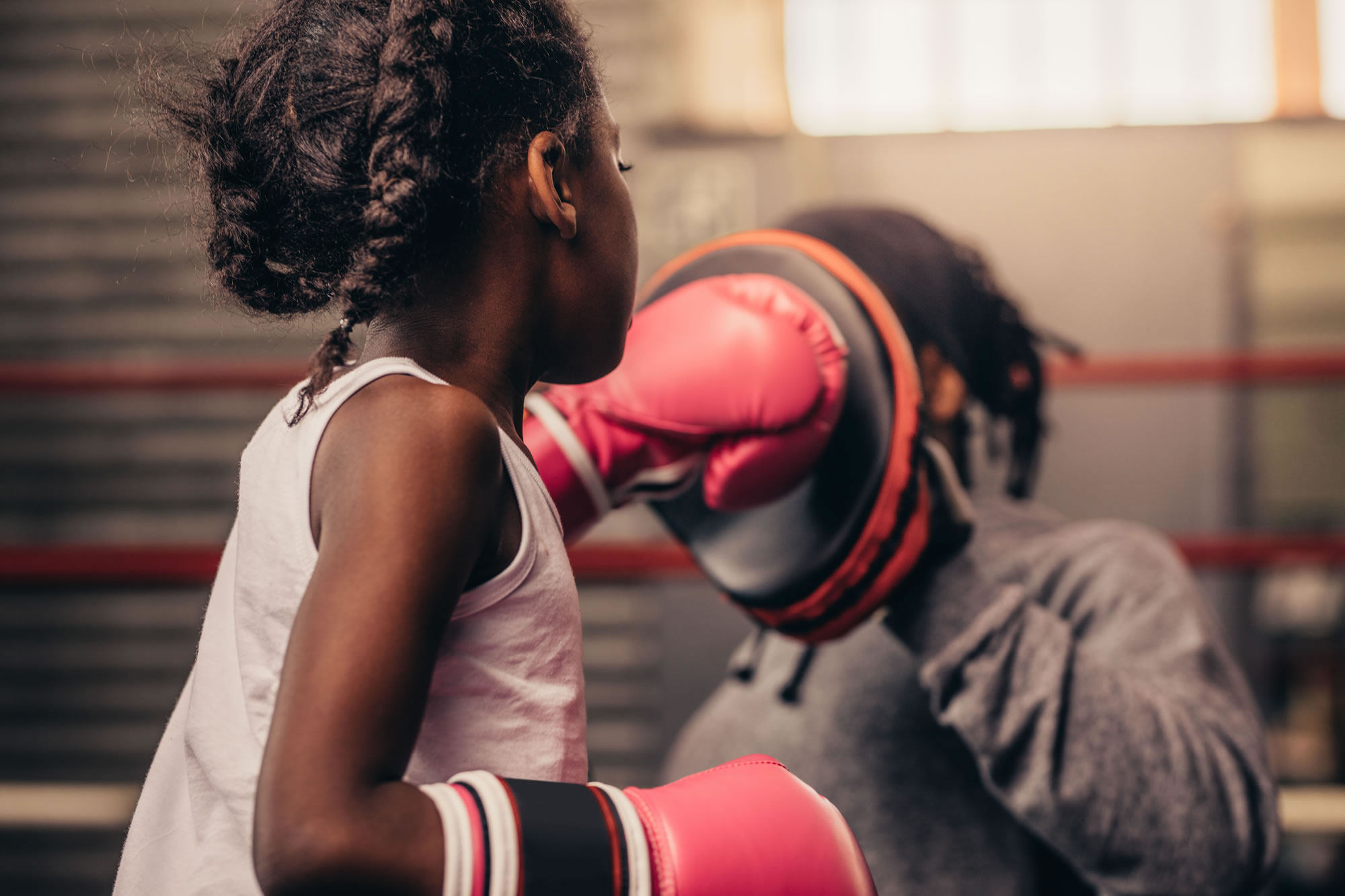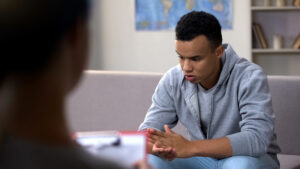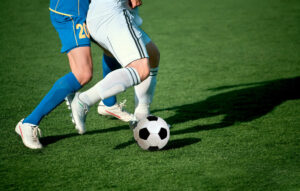You’re in the stands cheering on your kid as he or she is playing their favourite sport when suddenly, they take a hard hit to the head. You panic, rush to the sidelines, and make sure they are alright.
Checking for signs of a possible concussion, you and the coach agree to remove your child from the game, and you head straight to the doctor.
Well done! The first step is to always take a significant hit to the head seriously. Here are some of the symptoms to watch for:
- headaches (with possible nausea)
- fogginess
- feeling “off” or “not right”
- dizziness
- blurry vision
- difficulty concentrating or focusing
- balance problems
Most symptoms show up within minutes or hours, but others may take longer to appear. Getting to the hospital is always the right thing to do.
But what happens after the doctor confirms a concussion? What does the road to recovery look like and what should you do as a parent?
While each concussion is different, medical experts pinpoint early detection and brain rest as the first steps to helping concussed kids recover more completely. At their young ages, the brain is still developing and improper diagnosis, treatment, or too quick of a return to normal activity may lead to long-term problems.
Pediatric neurologists say that at minimum, two or three days of rest can help with such blows to the brain. That doesn’t just mean no sports or running around, but also no electronic devices, school work, video games, and anything else that can challenge or stress the brain.
A hard hit needs to be taken seriously. In Canada, 39% of all kids between 10 and 18 who visited an emergency facility following a sports-related head injury were diagnosed with a concussion, while another 24% showed signs of a possible concussion. Three sports in particular – football, soccer, and hockey – show a greater increase in reported head injuries in the decade between 2004 and 2014. Of course, sports are not the only cause of a concussion: falls, car crashes, and other whacks to the head can also cause a concussion. But no matter the cause of the injury, your focus needs to be on treatment and recovery.
There’s good news, though! Medical researchers in Nebraska found that 80 to 90% of sports concussions resolve in two to three weeks. This is if the child has been treated and follows medical advice. Doing so can also help prevent more serious brain injuries at a time when the child is vulnerable to other jolts to the head. If the problem persists beyond that point, another trip to the doctor is in order.
Catching a concussion early, preventing further activity, and seeking immediate medical attention are all helpful steps to healthy attitudes and healthy kids.
For more information
- Heads Up to Youth Sports: Concussion Information, Centers for Disease Control
- Participating in Sport: Concussions, Government of Canada
- Experts stress early recognition, brain rest at forum to raise concussion awareness, Lincoln Journal Star







